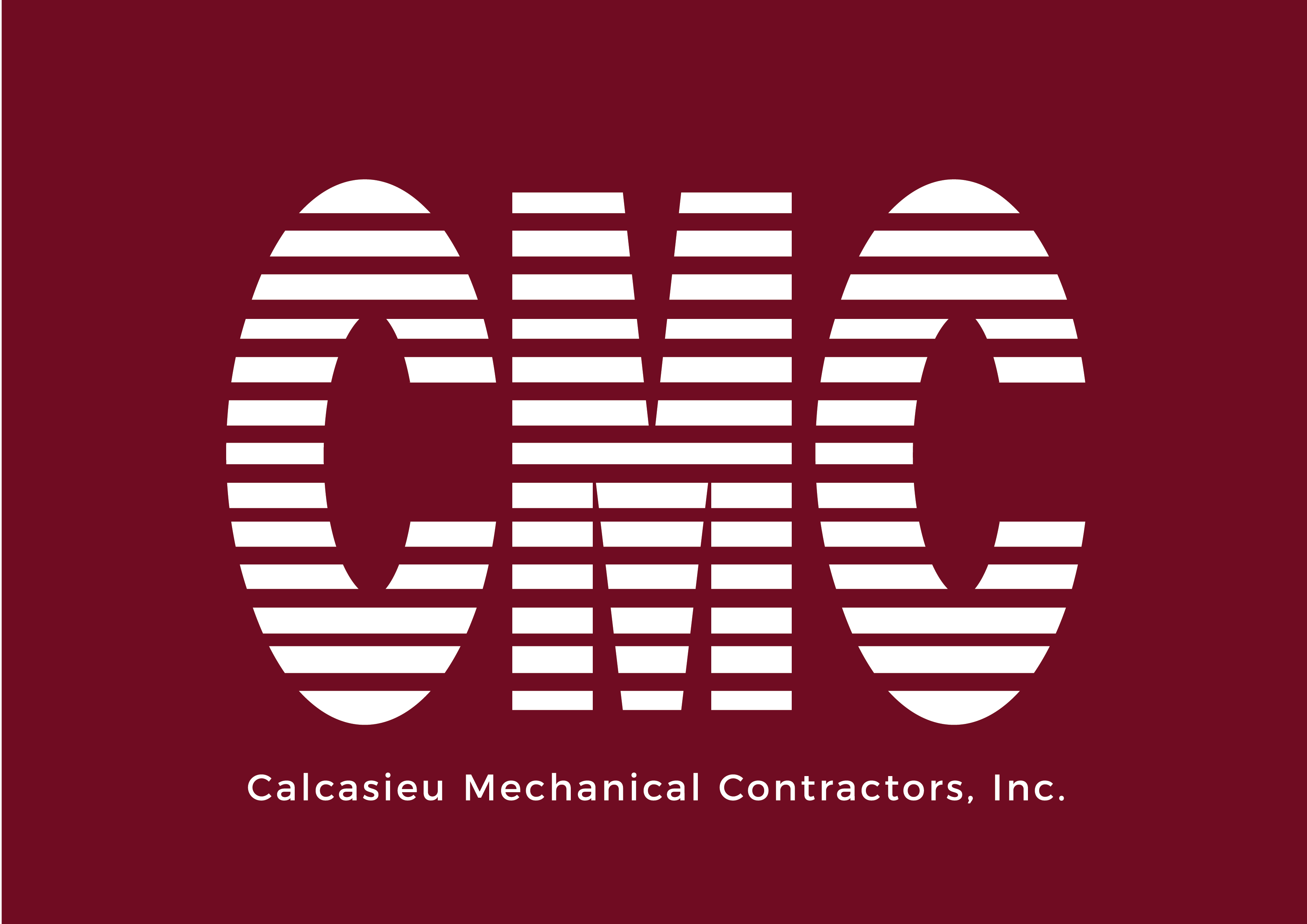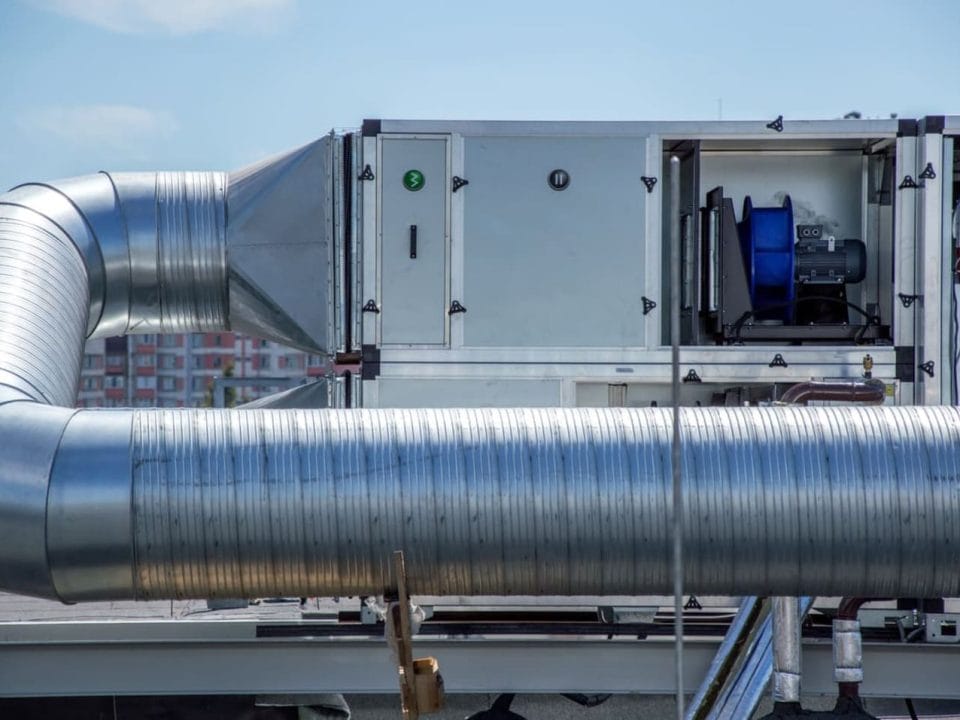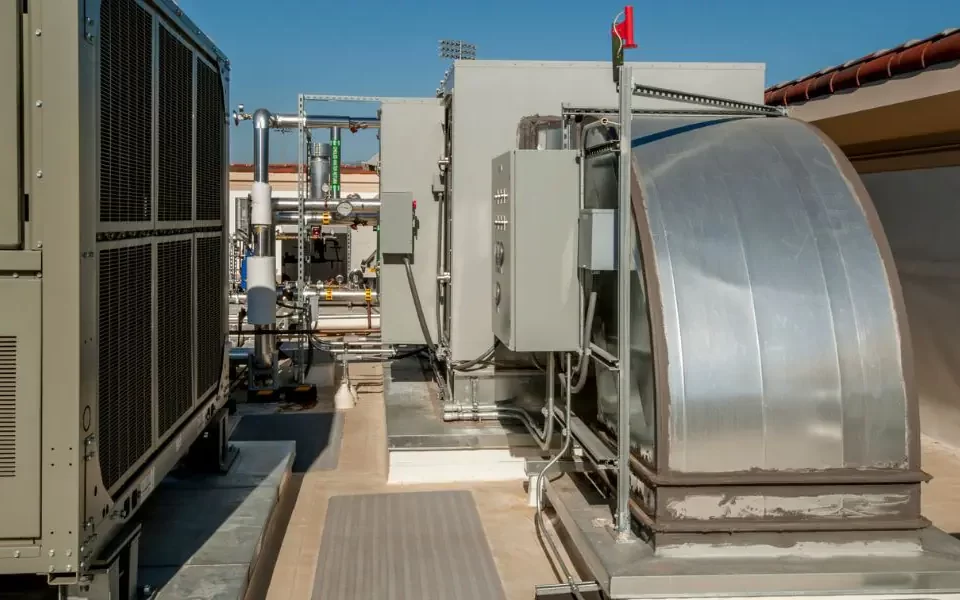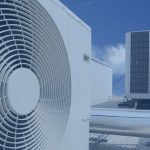
Choosing the Right HVAC Commercial Contractor: A Guide for Business Owners
August 27, 2024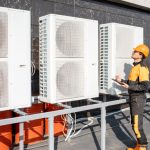
Efficient Climate Control: Cutting Costs on Heating and Cooling for Your Business
September 10, 2024Employee productivity and comfort are paramount for business success in today’s fast-paced corporate world. While many factors can influence workplace efficiency, the role of HVAC (Heating, Ventilation, and Air Conditioning) systems is often underestimated. These systems regulate temperature and ensure air quality, contributing significantly to the work environment. This blog explores how HVAC systems impact employee productivity and comfort, providing insights into optimizing these systems to create a more conducive office space.
The Science of Comfort: Temperature Control
Temperature is one of the most critical factors affecting workplace comfort and productivity. Studies have shown that there is an optimal temperature range—typically between 68 to 76 degrees Fahrenheit—for maximizing worker efficiency. Deviations from this range can lead to decreased concentration and increased errors. For instance, a Lawrence Berkeley National Laboratory study found that productivity drops by about 2% for every degree above 77 degrees Fahrenheit.
An efficient HVAC system can maintain this optimal temperature, adjusting to seasonal changes and varying office conditions. By investing in smart thermostats and zoned heating and cooling systems, businesses can ensure that each office area is comfortable, minimizing distractions and enhancing employee focus.
Breathing Easy: Air Quality and Health
Beyond temperature, air quality is a vital component of employee well-being and productivity. Poor air quality, often caused by inadequate ventilation, can lead to health issues such as headaches, fatigue, and respiratory problems. These ailments not only affect individual performance but can also lead to increased absenteeism.
Advanced HVAC systems are equipped with air filtration and purification technologies that remove pollutants, allergens, and pathogens from the air. Regular maintenance, including filter changes and duct cleaning, is essential for keeping these systems effective. By ensuring clean air, employers can help reduce health-related disruptions and create a healthier work environment that supports sustained productivity.
The Role of Humidity: Comfort and Equipment Longevity
Humidity levels are another crucial factor that can affect comfort and productivity. High humidity can make the air feel muggy and uncomfortable, leading to increased perspiration and discomfort. Conversely, low humidity can cause dry skin, irritated eyes, and respiratory issues. Moreover, extreme humidity levels can also affect office equipment, leading to malfunctions or damage.
Modern HVAC systems can regulate humidity by automatically adjusting to maintain a balanced environment. Implementing humidity control measures enhances employee comfort and protects valuable office equipment, ensuring its longevity and reliability.
Energy Efficiency and Cost Savings
While ensuring employee comfort and productivity is crucial, it is also essential to consider the cost implications of running HVAC systems. Energy-efficient HVAC systems can significantly reduce operational costs while maintaining optimal environmental conditions. Features such as programmable thermostats, energy-efficient components, and routine maintenance can improve system performance and reduce energy consumption.
Businesses can also explore using renewable energy sources to power HVAC systems, reducing their carbon footprint and operational costs. Companies can balance employee comfort and financial sustainability by investing in energy-efficient solutions.
Practical Insights for Optimizing HVAC Systems
It is essential to adopt a strategic approach to maximize the impact of HVAC systems on employee productivity and comfort. Here are some practical insights:
- Conduct Regular Assessments: Regularly evaluate the performance of HVAC systems and make necessary upgrades or repairs to ensure efficiency.
- Implement Smart Technology: Utilize smart thermostats and sensors to monitor and control temperature and air quality automatically.
- Prioritize Maintenance: Schedule routine maintenance to address potential issues before they escalate, ensuring the system operates at peak performance.
- Consider Individual Needs: Recognize that employees may have varying comfort needs and consider flexible solutions such as personal fans or heaters.
- Educate Employees: Educate employees about the importance of proper HVAC usage and encourage practices that support energy efficiency.
HVAC systems’ impact on employee productivity and comfort is profound and multifaceted. At Calcasieu Mechanical Contractors, we specialize in helping businesses create a more comfortable and productive work environment through appropriate temperature control, high air quality maintenance, and optimized humidity levels. Our energy-efficient HVAC solutions boost productivity and support cost savings and environmental sustainability. Optimizing HVAC systems with Calcasieu Mechanical Contractors will improve workplace efficiency and satisfaction by prioritizing employee well-being.

Hailing from the picturesque town of Lake Charles, Louisiana, Jim Blanchard stands as an exemplar in commercial HVAC installation and services. As President of Calcasieu Mechanical, he has leveraged his deep industry knowledge and innovative strategies to establish the company as a leading regional service provider. Under Jim’s leadership, Calcasieu Mechanical has expanded its portfolio of high-quality services and earned the trust and respect of businesses throughout Louisiana. The company’s commitment to excellence, reflected in its endeavors, stems from Jim’s dedication to ensuring every project meets and exceeds client expectations.
